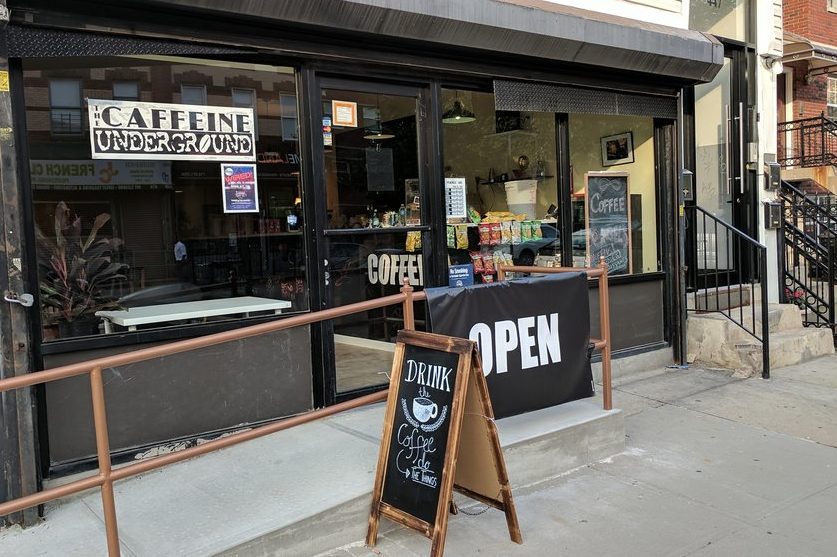New York Restaurants Grapple With Unexpected CBD Ban

Photo Caption: Caffeine Undergrounds storefront in Brooklyn, N.Y.
Skift Take
The Department of Health and Mental Hygiene's rollout of its CBD ban has been called both vague and sneaky by restaurant operators across New York City. But what's really confusing for business owners is having to hear about new regulations via media reports, instead of documentation from the governing entity.


